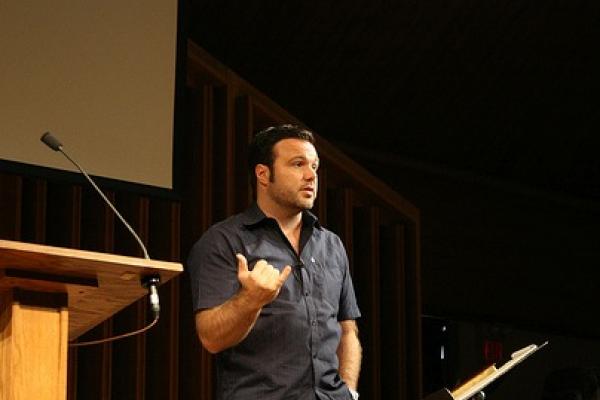One of us was in Seattle this past weekend to speak at a meeting of biblical scholars. The subject:Evangelicals and the Environment. Seattle was stunningly beautiful, with ample sunshine, clear skies, and an occasional happy breeze. Having grown up in nearby Tacoma, seeing majestic Mount Rainier for the first time in a long while brought back memories of this silent guardian from childhood.
Alas, while it was sunny in Seattle, it was theologically cloudy in Dallas, where one of Seattle's famous residents — young, hip pastor, Mark Driscoll — was speaking at a major evangelical conference: Catalyst. By many accounts on Twitter and in the blogosphere (see Nate Pyle's blog), Driscoll said:
"I know who made the environment. He's coming back and he's going to burn it all up. So yes, I drive an SUV."
And after presenting his driving credentials, Rev. Driscoll reportedly added:
"If you drive a mini-van, you're a mini-man."
Read the Full Article

